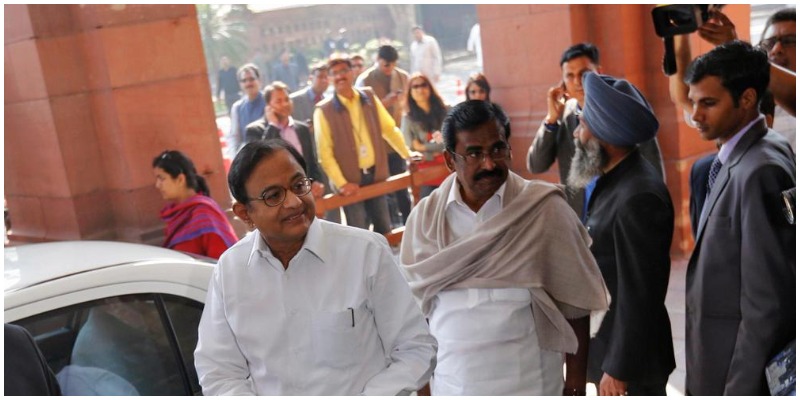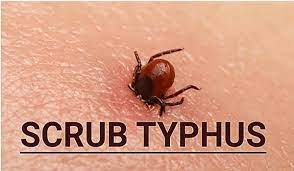Congress leader and former Finance Minister P. Chidambaram said he had had similar experiences after DMK MP Kanimozhi’s allegation that a CISF jawan had questioned her nationality. He said he had experienced similar insults from government officials. “What has happened to the DMK leader is not unusual,” Chidambaram said on Twitter.
“I have experienced similar ridicule from government officials and ordinary citizens who insist that I speak Hindi during telephone conversations and sometimes face-to-face conversations,” he tweeted.
The unpleasant experience of DMK MP Ms Kanimozhi at Chennai airport is not unusual.
— P. Chidambaram (@PChidambaram_IN) August 10, 2020
If the Centre sincerely considers Hindi and English to be the official languages of India, they should compel all Central Government agencies and employees to speak both languages.
Those who do not speak Hindi, who are selected for Central Government posts, acquire the language very quickly. But he also asked why Hindi speakers who opt for central services could not learn English.
Kanimozhi tweeted on August 9 that a CISF jawan at Chennai airport had asked her if she was Indian because she did not know Hindi and asked her to speak English or Tamil.
Today at the airport a CISF officer asked me if “I am an Indian” when I asked her to speak to me in tamil or English as I did not know Hindi. I would like to know from when being indian is equal to knowing Hindi.#hindiimposition
— Kanimozhi (கனிமொழி) (@KanimozhiDMK) August 9, 2020
Tamil Nadu has a history of opposing the three-language formula with anti-Hindi agitations that took place in Tamil Nadu (formerly Madras State and part of Madras Presidency) during both pre- and post-Independence periods. Those agitations involved several mass protests, riots, student and political movements in Tamil Nadu concerning the official status of Hindi in the state.
The first anti-Hindi imposition agitation was launched in 1937, in opposition to the introduction of compulsory teaching of Hindi in the schools of Madras Presidency by the first Indian National Congress government led by C. Rajagopalachari (Rajaji). This move was immediately opposed by E. V. Ramasamy (Periyar) and the opposition Justice Party. The agitation, which lasted three years, was multi-faceted and involved fasts, conferences, marches, picketing and protests. The government responded with a crackdown resulting in the deaths of two protesters and the arrests of 1,198 persons including women and children. Mandatory Hindi education was later withdrawn by the British Governor of Madras Lord Erskine in February 1940 after the resignation of the Congress Government in 1939.
The adoption of an official language for the Indian Republic was a hotly debated issue during the framing of the Indian Constitution after India’s Independence from the United Kingdom. After an exhaustive and divisive debate, Hindi was adopted as the official language of India with English continuing as an associate official language for a period of fifteen years, after which Hindi would become the sole official language.
The new Constitution came into effect on 26 January 1950. Efforts by the Indian Government to make Hindi the sole official language after 1965 were not acceptable to many non-Hindi Indian states, who wanted the continued use of English.
The Dravida Munnetra Kazhagam (DMK), a descendant of Dravidar Kazhagam, led the opposition to Hindi. To allay their fears, Prime Minister Jawaharlal Nehru enacted the Official Languages Act in 1963 to ensure the continuing use of English beyond 1965. The text of the Act did not satisfy the DMK and increased their scepticism that his assurances might not be honoured by future administrations.































